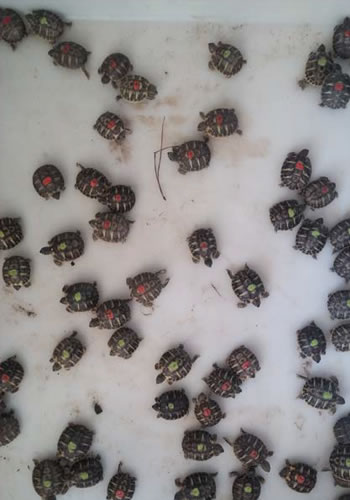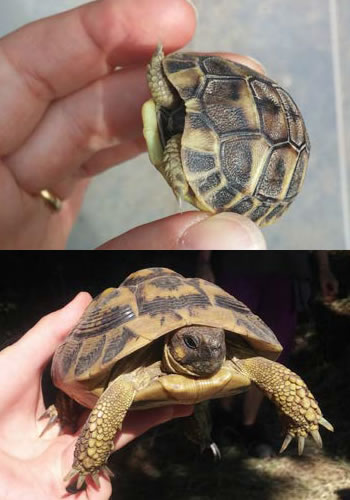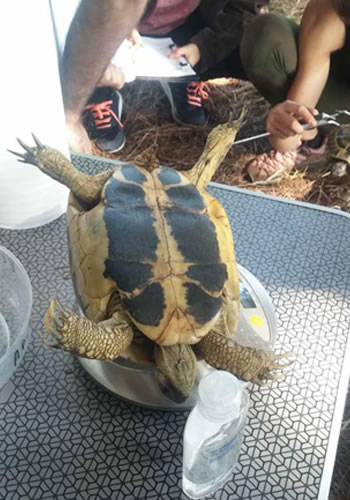Evolutionary Ecology
Since 2010 Evolutionary Ecology is a genuine 6 ECTS (European Credit Transfer System) subject taught at third course of the Biology degree at the University of Barcelona. It integrates evolutionary biology with ecology by explicitly including the different selection pressures induced by the diverse biotic and abiotic environments. The mainstream reasoning focuses on traits as units of adaptation, and develops the complexity of the coevolution of traits in terms of trade-offs resulting from genetic covariation. It then stands on the second theorem of natural selection, by which evolution is selection on heritable covariation.
It starts from natural selection of life history traits based on demographic models (elasticity on density-independent mortality schedules), and integrates density-dependent and frequency-dependent selection, as well as inclusive fitness or sexual selection.
Special care is devoted to evolution in unpredictable environments and includes the role of plasticity and the environmentally modified epigenetic inheritance. It pays attention to ongoing developments in community evolutionary ecology and retains the niche concept as the main deterministic process of ecological speciation. Further, it integrates current views on eco-evo loops to accommodate ecosystem function in an evolutionary perspective, with examples of keystone species modifying the overall community richness and functionality through the Richard Dawkins concept of extended phenotype.
Macroevolutionary patterns come to complement microevolutionary reasoning by offering allometric scaling laws (Metabolic Theory) that make the big picture of the main eco-evolutionary life history axis. This inevitably reduces dimensionality when taking into account the several constraints due to body size energetic covariates and overall phylogenetic conservatism.
Overall, evolutionary ecology grounds on deterministic science inspired by early work of Darwin, Hutchinson or MacArthur.
The course starts with a field practice which uses the Mediterranean turtle as a model system to understand variation in life history traits. We use captive turtles present at the Remolar Filipines in the Delta del Llobregat since 2013, to train students in taking morphometric measurements and perform analysis of annual growth rates.

Newly born turtles from two distinct haplotypes, reflecting an insular and a continental origin. Common garden experiments and direct measures of growth rates from the two haplotypes, provide the setup to understand the role of genetics vs environment in life history trait variation.

It takes about 8 years for newborn turtle to reach maturity

Students taking measurements!
